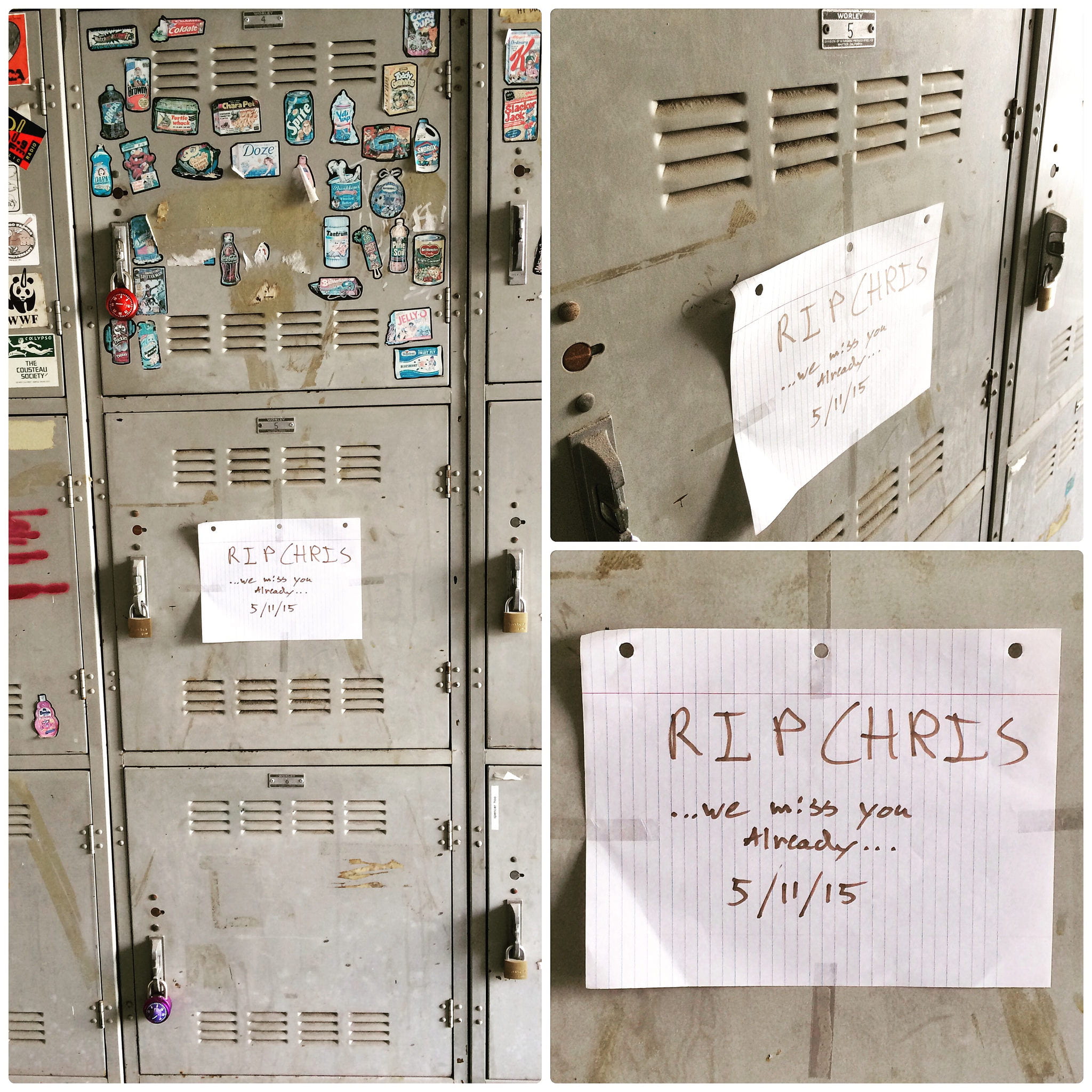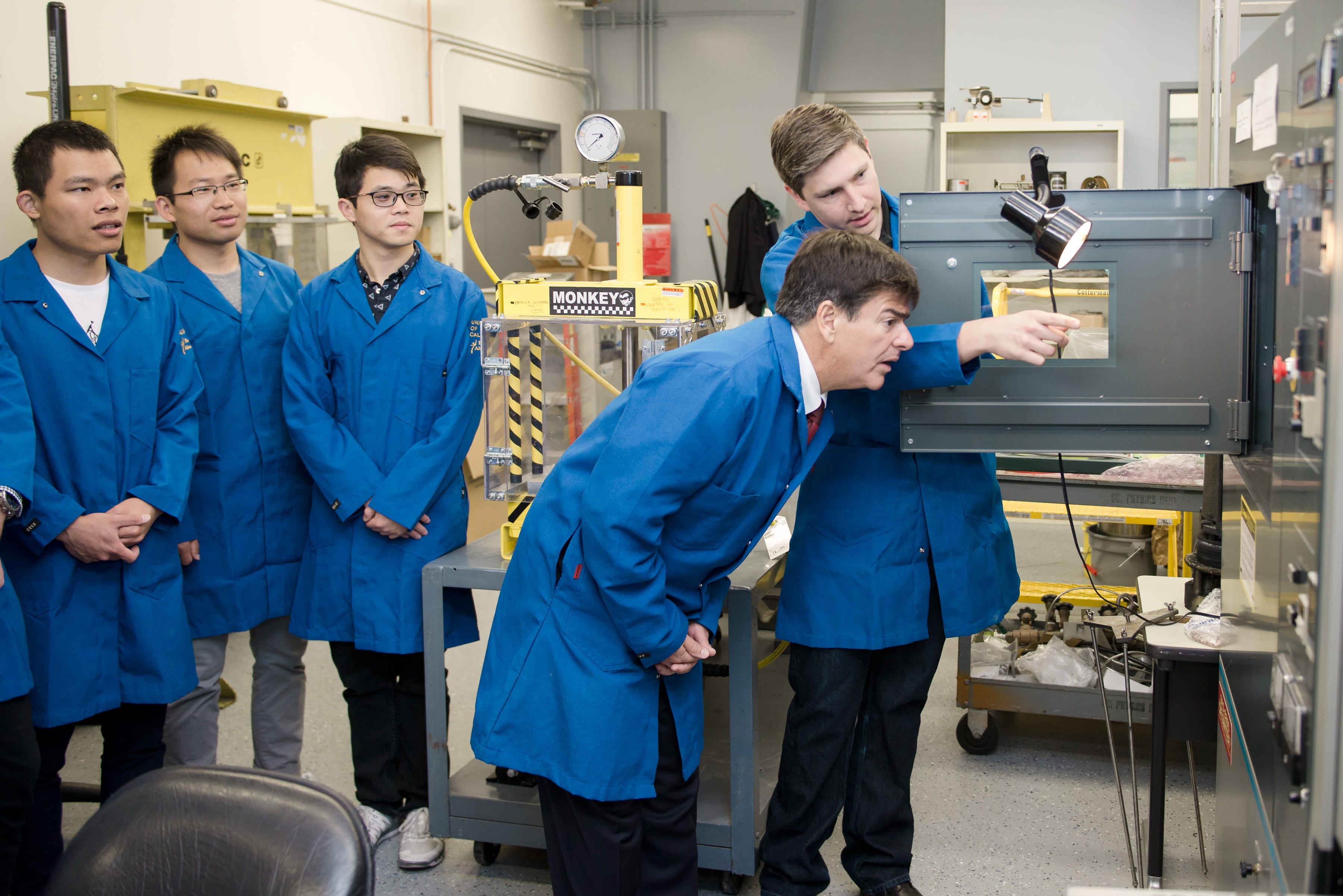UCI supports those on front lines with face shields
Interdisciplinary team designs, tests, produces and delivers 5,000 units to medical center within 17 days

Like their colleagues across the country during the current coronavirus crisis, the healthcare professionals at UCI Medical Center were facing rapidly shifting needs and demands for face shields, critical pieces of personal protective equipment. Unlike their colleagues, the staff had access to the researchers and resources of UCI.
Working with UCI Beall Applied Innovation, faculty members from The Henry Samueli School of Engineering and the Claire Trevor School of the Arts – with input from the School of Medicine and the Sue & Bill Gross School of Nursing – designed a face shield and assembled and tested prototypes within six days.
Within another 11 days, 5,000 units were produced via 3D printing and laser cutting and delivered to the medical center. They are now being used on the front lines.
Not only do the shields fulfill the medical form, fit and functional requirements of hospital staff, but they’re also economical enough to be disposed of after each patient interaction – the primary request from clinicians.
“As envisioned when Beall Applied Innovation was launched in 2014, we are connecting crucial resources across campus, industry and the entrepreneurial ecosystem, and this capability is helping us to combat COVID-19 issues,” says Richard Sudek, Ph.D., UCI chief innovation officer and executive director at Beall Applied Innovation. “Dr. Carolyn Stephens is coordinating this massive effort in spectacular fashion.”
Innovation is in UCI’s DNA and is what powered the rapid response to this unprecedented community crisis. An interdisciplinary campus and hospital team reviewed design options submitted by medical and nursing students and also evaluated products from other makers to determine the combination of features best suited to meet UCI clinical standards.
During prototype development, whenever additional components and materials were needed, leaders at Beall Applied Innovation reached out to their industry partners, who provided the supplies necessary to keep the project moving.
“Connecting local business executives to the right researchers and campus resources is what we do best,” says Stephens, managing director of enterprise collaborations at Beall Applied Innovation.
Medical staff tested the prototypes to ensure that health system requirements were met. Then full-scale production began at the University Lab Partners in UCI Beall Applied Innovation’s Cove. The manufacturing process included social distancing protocols and safe practices, such as one-person stations where students from the School of Medicine assembled the face shields distributed to their healthcare colleagues at the medical center.
“This amazing response is a compelling demonstration of how the unique, integrative connection between the UCI campus and health system, supported by UCI Beall Applied Innovation’s strong industry relationships, brought together the best minds in Orange County to deliver innovative solutions to the community,” Stephens says.


